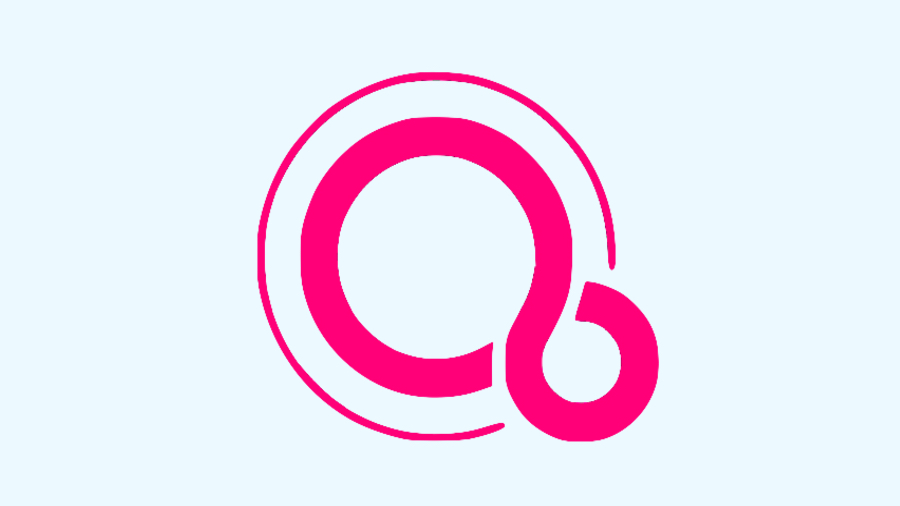Android could be replaced with a new mobile operating system that Google are working on right now, according to shock new claims.
Android is one of the most used pieces of software in the world.
It's Marketing Procentual is 85%.
So so You think the new Fuchsia will replace Android? btw it's an awful Name For an Operating System.
Android is one of the most used pieces of software in the world.
It's Marketing Procentual is 85%.
So so You think the new Fuchsia will replace Android? btw it's an awful Name For an Operating System.


